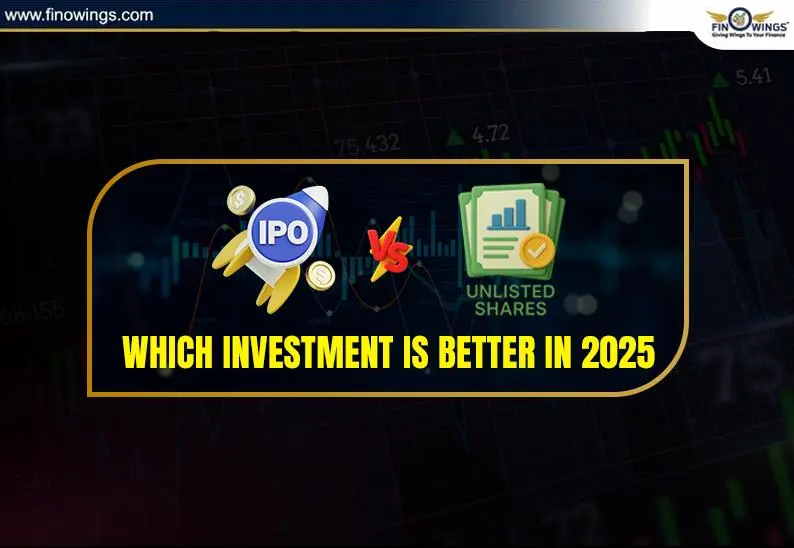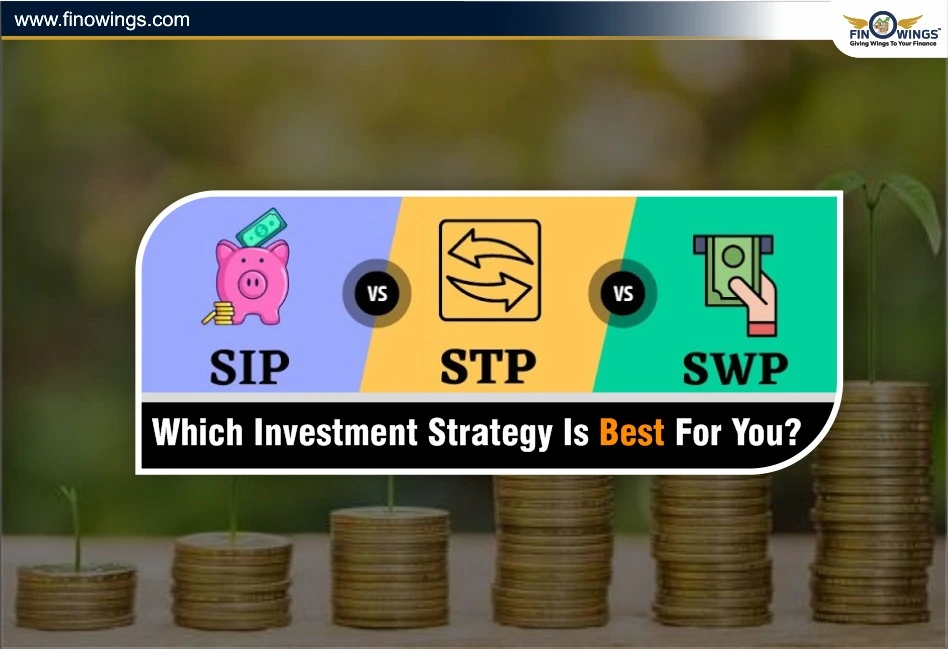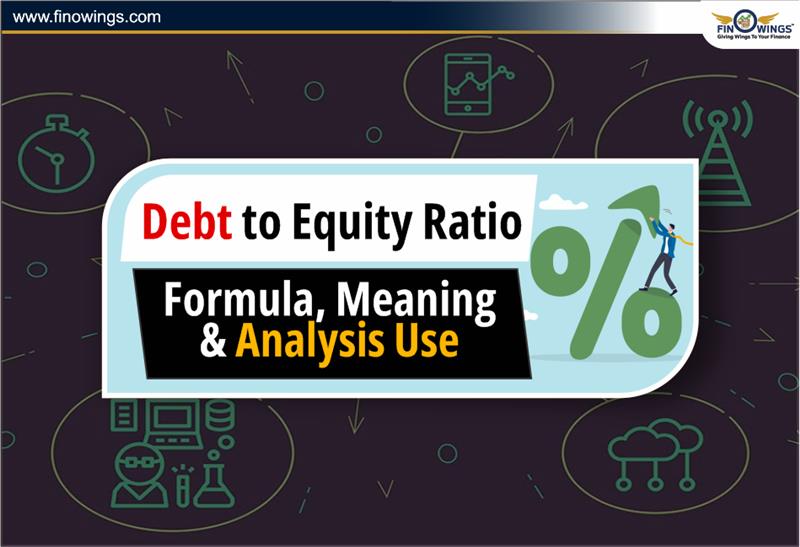Home >> Blog >> IPOs vs Unlisted Shares: Which Investment is Better in 2025
IPOs vs Unlisted Shares: Which Investment is Better in 2025

Table of Contents
In the stock market, two investment opportunities that always stand out are Initial Public Offerings (IPOs) and Unlisted Shares. Both have the potential for tremendous growth, but they are not without risks, rewards, and regulations that are unique to each.
In this blog, we will compare IPOs and Unlisted Shares, their pros and cons, and help you determine which one is more suitable for you in 2025.
What are IPOs?
An IPO is the procedure to get listed in the Exchanges when a company goes public and sells its shares for the first time on a stock exchange. It signifies the shift of the company's ownership from private to public.
Example: Bajaj Housing, International Gemological Institute, and Swiggy are some of the Indian companies that did public IPOs recently.
To apply for the upcoming IPOs, open a Demat Account with a SEBI-registered broker.
What are Unlisted Shares?
Unlisted shares are traded over the counter (OTC) market or through private placement. Shares that are not traded on any stock exchange are Unlisted shares.
Example: Stocks of companies such as OYO and PharmEasy are not listed, but they are traded in the grey market through brokers.
Comparison between IPO and Unlisted Shares
|
Feature |
IPO |
Unlisted Share |
|
Listing Status |
Listed on a stock exchange |
Not on a stock exchange |
|
Liquidity |
High postlisting |
Low |
|
Transparency |
High due to SEBI regulations |
Low |
|
Level of Risk |
Moderate |
High |
|
Access |
Open to the public |
Access is limited |
|
Regulation |
Regulated by SEBI |
Lightly regulated |
|
Valuation |
Valued by the market |
Valued privately and negotiated |
|
Holding Period |
Flexible |
May require a long term investment |
Currently, Gold prices are touching the sky. The momentum of the investors is shifted towards Gold investments. Explore the best Gold ETFs in 2025.
Advantages of IPOs And Unlisted Shares
|
IPOs Advantages |
Unlisted Shares Advantages |
|
Any individual with a demat account can apply. |
Put money to work before a company goes public. |
|
Shares can be sold at the stock exchange with ease. |
There will be significant gains if the organisation eventually takes a public listing. |
|
Extensive disclosures are mandated by SEBI. |
Unlike stocks, these alternative asset classes offer diversification. |
|
A good number of IPOs list at a premium. |
Provides access to rapidly expanding startups and unicorns. |
Disadvantages of IPOs And Unlisted Shares
|
IPOs Disadvantages |
Unlisted Shares Disadvantages |
|
Pricing is subject to overhype. |
Selling shares may take months or weeks. |
|
High demand results in low allotment probability. |
Minimal regulatory control means that they have opaque financials. |
|
A crash in prices is expected post-debut. |
Higher capital requirements limit access or require access through a broker. |
|
Unfortunately, retail investors frequently cash out far too soon, missing the long term returns. |
There is a risk of undercapitalising during indefinite delays to public offerings. |
How to Buy Unlisted Shares?
To invest in unlisted shares in India in 2025, there are wide options available. It's interesting which one you choose. Below are the following ways to buy shares that are not listed-
1. Through Unlisted Share Dealers/Brokers
Various brokers operate on unlisted equities like UnlistedZone, Altius Investech, etc. The proceeding includes-
-
Contacting the broker.
-
Negotiating a price.
-
Loading the money.
-
Providing Demat account details.
-
The transfer of shares would be in the form of an off-market transfer.
2. From Company Employees (ESOP Holders)
Employees of private companies can sometimes sell their ESOPs (Employee Stock Ownership Plans). You can buy directly or through the existing platforms for buyers and sellers.
3. Buybacks/ Delisting Companies
When a company gets delisted or offers buybacks, its existing shares can be put in the secondary market.
Which Investment is Better in 2025?
-
IPOs are better suited when
One values transparency, participation in regulated markets, and liquidity in the short to medium term.
-
Unlisted Shares are better suited when
Investors are aggressive, have a high risk appetite, and are comfortable waiting long periods to increase returns.
Why less IPOs in 2025?
Indian IPOs have completely stopped since last month. IPO investors have been waiting for the IPOs to participate in, but all they are getting is a long wait. Below is the possible cause for this
-
Numerous Indian companies are postponing their public listing due to volatile market conditions
-
There is a growing need for pre IPO shares amongst high net worth individuals alongside more knowledgeable retail investors.
Conclusion:
There is a place for both IPOs and unlisted shares in a diversified portfolio. IPOs are appropriate for conservative investors looking for regulated and more liquid opportunities, while unlisted shares require more risk taking and long-term patience.
Other Related blogs-
- FMCG Stocks List for 2025.
- Can Nifty hit 30000 in 2025?
Disclaimer: No buy or sell recommendation is given. No investment or trading advice is given. Always discuss with an eligible financial advisor before investments.
Frequently Asked Questions
Yes, but may have limited access via brokers or platforms that specialise in trading pre-IPO shares.
Yes, generally due to the higher liquidity and regulation by SEBI.
Unlisted securities are taxed at 20% with an indexation benefit for long capital gains over 12 months.
You can submit an IPO application through your demat account with ASBA via your bank or stockbroker app.




















